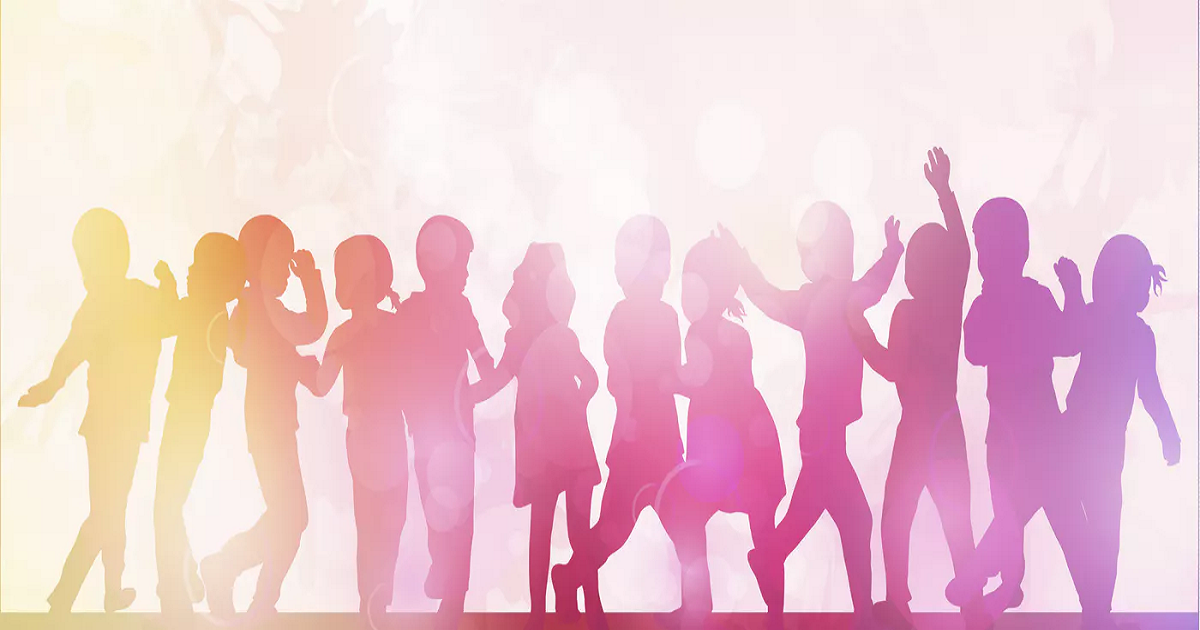Whole Child Education Has Come Far. It Still Has a Long Way to Go.

What does a “whole child education” mean to educators? That has been a question we’ve been helping to answer since ASCD launched its whole child initiative more than a decade ago. More recently, it’s taken on greater awareness (and confusion) with the increased attention around social-emotional learning. So it is no surprise that EdSurge would publish a research article centering around this question, given the various definitions and perceptions among educators. We’ve seen and heard a multitude of definitions of what whole child means. To some it references providing nutritious food or breakfast in the classroom. To others it focuses on mental health and developmental social and emotional learning skills. Others still use the term to mean understanding brain-based learning and adjusting teaching to suit what we now know about memory, knowledge and meaning. Whole child can also equate to providing enough counselors in schools; developing systems for student voice and agency; encouraging that schools address the cultural context of their students; or ensuring equity and equitable access to opportunities.